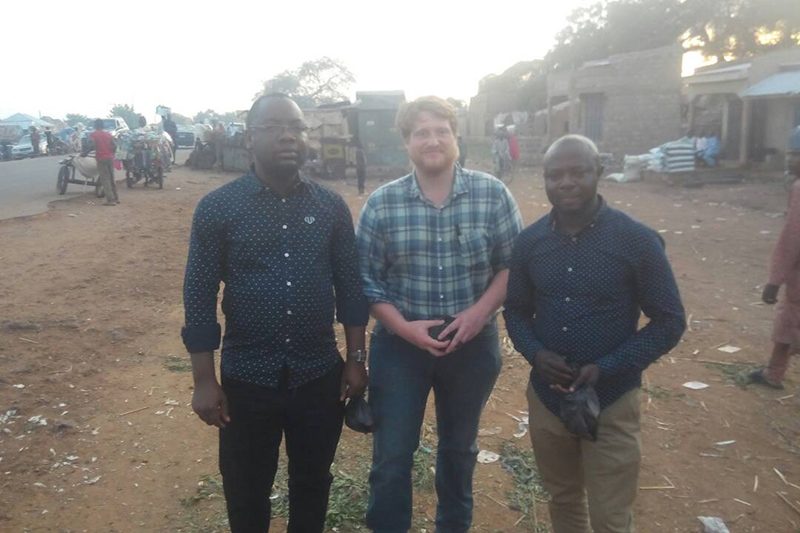“Anyone who tells you that they know what’s going on up here is either foolishly arrogant or working an angle.” Or so a UN official told me on my first day of research in Maiduguri, in Nigeria’s far north-east – the epicenter of the Boko Haram insurgency. Over the course of 10 weeks working on Boko Haram-related issues in the Lake Chad region, the truth behind that statement became increasingly apparent. Nevertheless, I found the process of sifting through all the competing narratives and conflicting evidences to be an exhilarating and enlightening endeavor – and one which helped to clarify my understanding of holistic and sustainable human security strategies.
Such was my experience this past summer, working with the Centre for Democracy and Development (CDD), a West African policy think tank. As a researcher with CDD, I wrote or contributed to policy information products for a variety of high-profile audiences and sub-clients in the region, including the European Union, the Swiss Federal Department of Foreign Affairs, the World Bank, the UNDP, and traditional Kanuri leadership. I also had the opportunity to liaise with and advise diplomats and military personnel on topics of mutual interest. Projects dealt with many aspects of the Boko Haram ‘problem.’ One project involved profiling local reconciliation practices and assessing their suitability for post-Boko Haram transitional justice measures. In the course of that study, I interviewed numerous victims of Boko Haram atrocities, former insurgents, and traditional leadership. Another project consisted of documenting and analyzing grassroots’ reports of human rights violations throughout the Lake Chad Basin. My primary task, however, was researching the Islamic State – West Africa Province (ISWAP) Boko Haram faction’s community relations, in an attempt to profile their local support and strategic prospects. That project entailed interviewing journalists, diplomats, humanitarians, military representatives, ISWAP contacts, and internally displaced people (IDPs), as well as desk research and geospatial analysis.
I would never have ended up in Nigeria if it hadn’t been for connections made and experiences gained at the Jackson Institute. While African security has long been a keen interest of mine, I didn’t really expect to stray beyond my ‘comfort zone’ in East and Central Africa so quickly. Last fall, however, I fortuitously ended up taking Casey King’s consulting class on Boko Haram messaging and counter-messaging, which – among other things – served to fix my interest on the (literal) security quagmire of the Lake Chad Basin. Yale ties helped me link up with CDD, which has hosted Yale students in the past and is headed by 2015 World Fellow Idayat Hassan.
My time working in Nigeria served to be a challenging but fruitful exercise in security research and analysis, paving the way for future work in international security. I hope my research eventually brings me back to Nigeria, with its intriguing politics, friendly people, and delicious jollof rice!
